Scholarships, in their most basic definition, is financial aid given to students on the basis of their academic performance. You could be eligible for either merit or need-based scholarship. Performance-based scholarships are given to students who have met a certain goal.
Students who have demonstrated financial need but who lack the resources to complete their studies are eligible to receive scholarships. One such scholarship program that helps those who work in the mining business is the Beedi/Iron Ore Mines/Manganese Ore & Chrome Ore Mines/Limestone Mines/Dolomite Mines/Mica Mines/Cine Workers Scholarship.
Highlights
| Particulars | Details |
| Scholarship Name | Financial Assistance for Education of the Wards of Beedi/Cine/IOMC/LSDM Workers – Post-Matric 2023 |
| Offered By | Central government of India |
| Ministry | Ministry of Labour & Employment |
| Objective of Scheme | To promote higher education in Wards of Beedi/Cine/IOMC/LSDM Workers |
| Eligibility | Wards of Beedi/Cine/IOMC/LSDM Workers pursuing education above matrix |
| Reward | INR 3,000 to 25,000 |
| Beneficiary | Scholarship will be provided by the Central Government to the Wards of Beedi/Cine/IOMC/LSDM Workers |
| Official Website | https://scholarships.gov.in/ |
What is Financial Assistance for Education of the Wards of Beedi/Cine/IOMC/LSDM Workers – Pre and Post-Matric?
A scholarship of up to Rs. 25,000 per year, per student, is available to the children of workers in the Beedi community, the Iron Ore Mines, Manganese Ore & Chrome Ore Mines (IOMC), the Limestone Mines, Dolomite Mines (LSDM), the Mica Mines, and the Cine sector. Award money for this program is being dispersed through the Direct Benefit Transfer (DBT) system, and applications are being received and processed through the National Scholarship Portal (NSP).
- First Tier: It involves a scholarship program for the children of Beedi workers.
- Second Tier: Iron ore, manganese ore, and chrome ore (IOMC) mine employees’ children are eligible to apply for a scholarship program that will provide them with financial aid to further their education.
- Third Tier: Scholarship Program for the Children of Limestone and Dolomite Mine (LSDM) Employees.
- Fourth Tier: The Cinema Workers’ Family Scholarship Program (IV) provides educational funding for the children of cinema workers.
Who Is Eligible to Receive Financial Assistance?
Scholarship applications from pre- and post-matriculating children of Beedi, Cine, IOMC, and LSDM workers must adhere to the following guidelines:
- Any student who doesn’t have at least one parent working at a Beedi, Iron Ore Manganese & Chrome Ore Mines, Limestone & Dolomite Mines, or Cine for at least six months would be denied admission. Those who are self-employed or engage in contract work from home (known as Gharkhata) are also affected by this.
- The worker’s family’s monthly income from all sources must not be more than the following:-
- Workers in the Beedi Industry: Rs.10,000/-
- Workers in mines, whether they are performing manual labour, unskilled labour, highly skilled labour, or clerical work, are entitled to all benefits offered by the Labour Welfare Organization’s various welfare programmes.
- Workers in supervisory and management roles are eligible for benefits from a variety of government programs, provided that their monthly salary does not exceed Rs.10,000.
- For the purposes of this Act, the salary of a cinema worker shall not exceed Rs.1,00,000 in a single payment or installments totaling less than Rs.1,00,000, whichever is greater.
- The Applicant must have scored at or above the minimum on the most recent qualifying examination. On the other hand, students who have advanced to the next grade level are also welcome to apply for the aforementioned scholarships.
- Students who are enrolled in a Correspondence Course of Study are ineligible for the Scholars Program.
- Scholarship recipients must be enrolled full-time in an approved academic program at an Indian college or university, university, or other educational institution, in any field of study, including medicine, engineering, agriculture, and the sciences. The following types of pupils, however, will not be considered for scholarship awards:
- People who have already completed one level of schooling but are now enrolled in the same level of schooling for a different subject. For instance, a Bachelor of Science after a Bachelor of Business Administration, a Bachelor of Commerce after a Bachelor of Arts, or a Master of Arts in one field after a Master of Arts in another.
- Students who have already earned a bachelor’s degree in one field of study but who choose to pursue further study in a different field (for example, those who have already earned a B.T. or B.Ed. but who wishes to get an L.L.B.
- It is required that the school be either publicly funded or recognized by the government as a public institution.
- There will be no exceptions made for students who are already receiving other forms of financial aid.
- The Scholar should maintain a personal checking account. In the case of a joint account, the scholar’s name should come first.
- If a worker has many children, each child’s bank account number must be provided separately.
- In order to participate, each student must provide their own individual mobile phone number.
Cancellation of Financial Assistance
The following circumstances may result in the cancellation of a previously approved scholarship
- If it turns out that the student lied to get the scholarship money.
- The scholarship will be terminated as of the date of the recipient’s notice that he or she will no longer be pursuing their academic pursuits.
- If the recipient of the scholarship decides to enroll in a different field of study or attend a different educational institution than the one originally approved by the Welfare Commissioner.
- If, during the scholastic year for which the scholarship was awarded, the scholar fails to make adequate academic progress, has erratic attendance, or engages in misconduct.
- The scholar’s parents no longer work in the Beedi or Mine or in the Cine industry.
PLEASE TAKE NOTICE: The scholarship funds will be immediately retrieved from the student or from his or her parents if the student is found to have committed any of the following after obtaining the scholarship funds.
What documents are required to apply for the Financial Assistance for Education of the Wards of Beedi/Cine/IOMC/LSDM Workers – Pre and Post-Matric?
- Photo
- In the case of the mine workers, a copy of their identification card and their Form B Register Number.
- A photocopy of the first page of the account holder’s bank passbook or a canceled check with the account holder’s or beneficiary’s information clearly legible.
- Certificate of Completion/Grade Report from the Previous School Year.
- Tax Authority-Issued Income Verification Document.
Financial Assistance for Education of the Wards of Beedi/Cine/IOMC/LSDM Workers – Pre and Post-Matric for 2023-24
- Male and female applicants can expect to get a scholarship worth Rs 1,000 for grades 1 through 4, and 1,500 for grades 5 through 8.
- The value of each scholarship will be Rs 2,000 for students in grades 9 through 10, and Rs 3,000 for those in grades 11 through 12.
- The cost of attending an ITI or Polytechnic, as well as degree programs like the Bachelor of Science in Agriculture is Rs 6,000 per year, whereas the cost of attending a professional school is Rs 25,000 per year.
Students in grades one through four who qualify for the scholarship will utilize the money to cover costs like textbooks, uniforms, and other course materials.
It’s important to note that the aforementioned scholarships are open to students who have advanced to the following grade level.
Terms and Conditions
- Scholars who are pursuing their studies via correspondence are not eligible.
- Students who receive financial aid from other sources, such as scholarships or stipends, are not eligible for benefits under this program.
- The Scholar ought to have their own checking account. If there is a joint account, the scholar’s first name should be used.
- The bank account number for each additional child of a worker must be provided separately.
- It is necessary to provide a unique mobile number for each Scholar.
- The subsequent pupils are ineligible for the scholarship:
- Students who wish to continue their studies in the same educational stage but in a different subject after completing one stage of their education. As an illustration, a B.Sc. after a B.Com., a B.Com. after a B.A., or a M.A. in one subject after a M.A. in another.
- Students who have finished their educational career in one professional field but wish to pursue further education in a different professional field, such as those who wish to pursue a L.L.B. after completing a B.T. or B.Ed.
- *The sanctioned scholarship is subject to cancellation in the following situations:
- if it is discovered that the scholar used false information to obtain a scholarship.
- If the scholarship recipient stops studying, the funding will stop as of the date of the break.
- Changing the subject of the course of study for which the scholarship was initially given or changing the institution of study without the Welfare Commissioner’s prior approval.
- if during the academic year for which the scholarship has been awarded, the scholar does not make satisfactory progress in their studies, exhibits irregular attendance patterns, or engages in improper behavior.
- if the student’s parent(s) quit their jobs at a beedi, mine, or movie studio.
*Note: If any of the aforementioned offenses are discovered to have been committed by the scholars after the scholarship money has actually been given, their parents will immediately be held liable for the debt.
Final Thoughts
The Government of India created this scholarship program so that its citizens would have easier access to higher education. The Indian government created a scholarship program so that low-income individuals might attend college. By removing financial barriers to higher education for low-income residents, this program has the potential to greatly boost the quality of education across the state. The children of these communities, who have been on the periphery for a long time due to a lack of resources like education, would benefit greatly from receiving this scholarship, which would help them gain prominence and develop their state.

